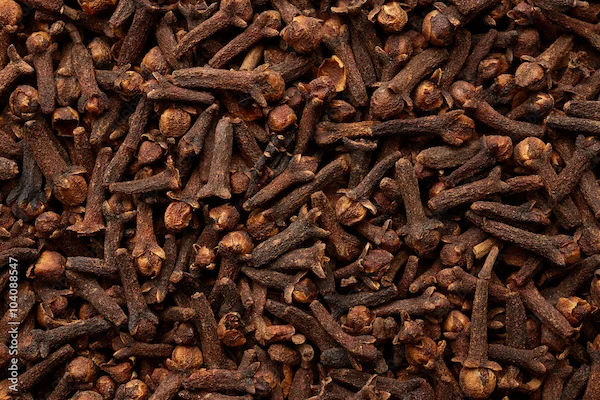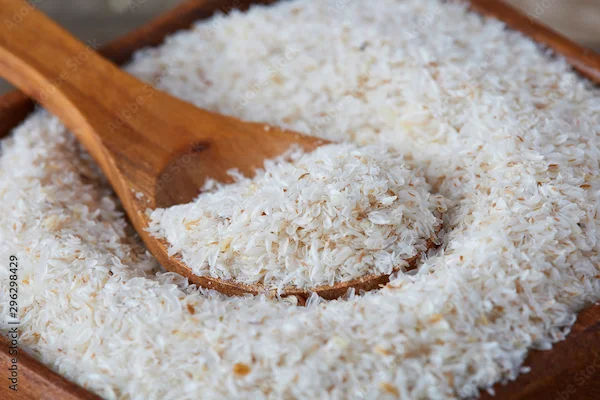Vegetables That Raise Uric Acid Levels
Some vegetables contain moderate purine levels that may raise uric acid and trigger gout. Learn which vegetables to eat in moderation, and discover gout-friendly alternatives and tips to manage uric acid naturally.


Introduction
If you or someone you know suffers from gout or high uric acid levels, you might be wondering how your diet affects your condition. While vegetables are generally considered healthy, some can contribute to higher uric acid levels, which may trigger gout attacks. In this article, we’ll explore which vegetables to be cautious about, why they affect uric acid, and how you can manage your diet without missing out on nutrition.
Understanding Uric Acid and Gout
Uric acid is a natural waste product formed when the body breaks down purines—substances found in certain foods and also produced by the body. Normally, uric acid dissolves in the blood and is excreted through urine. However, when too much uric acid builds up, it can form sharp crystals in joints, leading to gout—a painful form of arthritis.
While red meat, seafood, and alcohol are well-known culprits for raising uric acid, some vegetables also contain moderate to high levels of purines.
Vegetables That May Increase Uric Acid
Not all vegetables are equal when it comes to purine content. Here are some that may contribute to higher uric acid levels:
1. Spinach
Spinach is packed with nutrients like iron and vitamins, but it also contains moderate purines.
If you enjoy spinach, consume it in moderation rather than eliminating it entirely.
2. Mushrooms
Mushrooms, especially shiitake and portobello, have higher purine levels.
If you have frequent gout flare-ups, consider reducing mushroom intake.
3. Cauliflower
While cauliflower is a great low-carb alternative, it contains purines that may affect uric acid.
Enjoy it occasionally rather than daily.
4. Asparagus
Asparagus is nutritious but has a higher purine content compared to other vegetables.
If you love asparagus, balance it with low-purine vegetables like cucumbers or zucchini.
5. Peas & Lentils
While technically legumes, peas and lentils are often included in vegetable-based diets.
They have moderate purine levels, so portion control is key.
6. Brussels Sprouts
These mini cabbages are healthy but contain purines that may contribute to uric acid buildup.
Eating them in small amounts is usually fine for most people.
Should You Avoid These Vegetables Completely?
Not necessarily! Most of these vegetables are still nutritious and offer fiber, vitamins, and antioxidants. Unless you have severe gout or very high uric acid levels, you don’t need to cut them out entirely. Instead:
Moderation is key: Enjoy these vegetables in smaller portions.
Balance your diet: Pair them with low-purine foods like cucumbers, carrots, or leafy greens (other than spinach).
Stay hydrated: Drinking plenty of water helps flush out excess uric acid.
Consult Top Specialists for Personalised Tips
Best Vegetables for Lowering Uric Acid
If you're looking for gout-friendly vegetables, these are excellent choices:
Cucumbers: High water content helps dilute uric acid.
Carrots: Low in purines and rich in antioxidants.
Bell Peppers: Packed with vitamin C, which may help reduce uric acid.
Zucchini: A great low-purine alternative.
Lettuce & Celery: Hydrating and very low in purines.
Lifestyle Tips to Manage Uric Acid Levels
Besides watching your vegetable intake, here are some additional ways to keep uric acid in check:
1. Drink More Water: Aim for at least 8-10 glasses a day to help kidneys flush out uric acid.
2. Limit Sugary Drinks & Alcohol: Sodas and alcohol (especially beer) can worsen uric acid buildup.
3. Maintain a Healthy Weight: Excess weight can increase uric acid production.
4. Exercise Regularly: Gentle activities like walking or swimming can help.
5. Choose Lean Proteins: Opt for chicken, tofu, or low-fat dairy instead of red meat.
When to See a Doctor
If you experience frequent gout attacks, severe joint pain, or persistently high uric acid levels, consult a doctor. They may recommend:
Medications to lower uric acid.
A personalized diet plan.
Regular blood tests to monitor levels.
You can easily book a consultation or schedule a uric acid test through Apollo 24|7 for expert advice and quick results.
Conclusion
While some vegetables can raise uric acid levels, they shouldn’t be feared—just consumed mindfully. Focus on a balanced diet, stay hydrated, and listen to your body. If you have concerns, a healthcare professional can guide you toward the best choices for your health.
Consult Top General Physician
Consult Top Specialists for Personalised Tips

Dr. Lakshmi Sanjitha Kakani
General Physician/ Internal Medicine Specialist
6 Years • MBBS, MD (General Medicine)
Visakhapatnam
Apollo 24|7 Clinic - Andhra Pradesh, Visakhapatnam

Dr. Anshul Maheshwari
General Practitioner
5 Years • MBBS
Lucknow
Apollo 24|7 Clinic - Uttar Pradesh, Lucknow

Dr. J T Hema Pratima
General Practitioner
9 Years • MBBS
Chennai
Apollo 24|7 Clinic - Tamilnadu, Chennai
(250+ Patients)

Dr. Mohammed Huzef Ul Arifeen
General Practitioner
3 Years • MBBS
Hyderabad
Apollo 24|7 Clinic - Telangana, Hyderabad

Dr. Siri Nallapu
General Practitioner
5 Years • MBBS
Hyderabad
Apollo 24|7 Clinic, Hyderabad
Consult Top General Physician

Dr. Lakshmi Sanjitha Kakani
General Physician/ Internal Medicine Specialist
6 Years • MBBS, MD (General Medicine)
Visakhapatnam
Apollo 24|7 Clinic - Andhra Pradesh, Visakhapatnam

Dr. Anshul Maheshwari
General Practitioner
5 Years • MBBS
Lucknow
Apollo 24|7 Clinic - Uttar Pradesh, Lucknow

Dr. J T Hema Pratima
General Practitioner
9 Years • MBBS
Chennai
Apollo 24|7 Clinic - Tamilnadu, Chennai
(250+ Patients)

Dr. Mohammed Huzef Ul Arifeen
General Practitioner
3 Years • MBBS
Hyderabad
Apollo 24|7 Clinic - Telangana, Hyderabad

Dr. Siri Nallapu
General Practitioner
5 Years • MBBS
Hyderabad
Apollo 24|7 Clinic, Hyderabad




